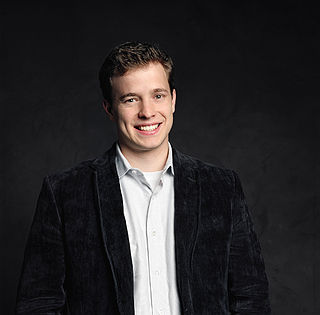A Quote by Nana Patekar
Whenever somebody comes to me with a script, I ask a question to myself - 'Why do I want to do the film?'
Related Quotes
And one day we must ask the question, "Why are there forty million poor people in America?" And when you begin to ask that question, you are raising questions about the economic system, about a broader distribution of wealth. When you ask that question, you begin to question the capitalistic economy.
I'm able to lead my life as well as make a film. My wife and my friends and people around me know that I do tend to distance myself a little bit during the making of a film, but I have to, it's a natural part of the process for me because you are indulging in the headspace of somebody else, you are investing in the psychology of somebody else and you are becoming somebody else, and so there isn't enough room for you and that somebody else.
I've never read a book or attended a class on screenwriting. I'm not opposed to the idea, but I like what I've got going on naturally and want to protect that. The one question I will ask myself as I'm re-reading a script for the 60th time is, 'Am I entertained? Still?' If the answer is 'yes,' I'll assume other people will be, too.




































